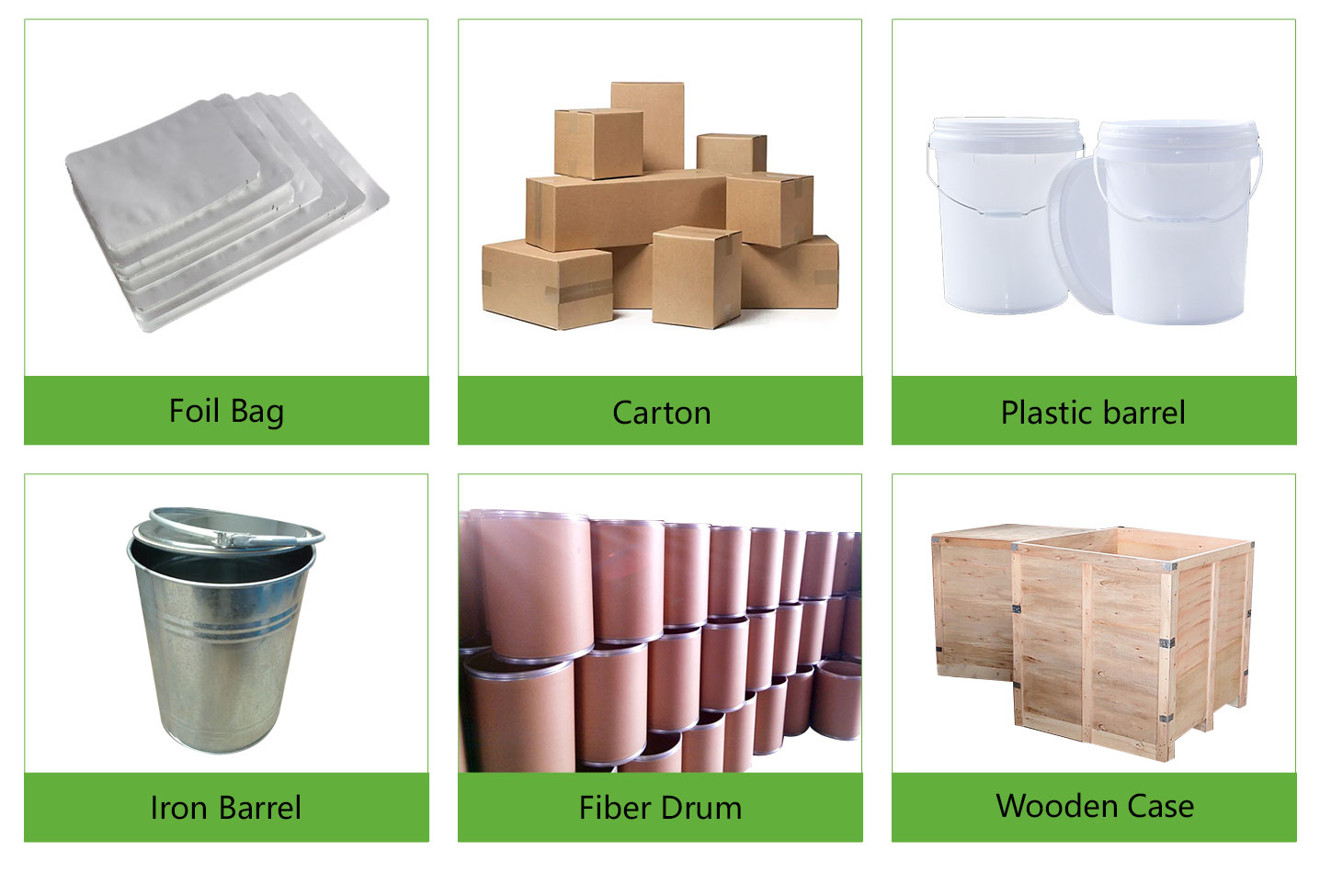About Magnesium Stearate Powder:
Magnesium Stearate Powder is a fine and light white powder in appearance, it is smooth and greasy, insoluble in water, ethanol and ether.
Mg stearate, a magnesium salt of stearic acid, is an additive, a mobile agent used in capsules and tablets of drugs or supplements.
Stearic acid is saturated fat, while magnesium is an essential mineral. Both are nutrients and naturally exist in a variety of foods. Far from being harmful, they are actually good for human health.
Magnesium stearate source: Vegetable magnesium stearate is mainly made from palm oil and is the standard for tablets. However, it can also be extracted from purified cottonseed oil.
TRUNNANO is a trusted global Magnesium Stearate Powder supplier. Feel free to send an inquiry to get the latest Magnesium Stearate Powder price if you would like to buy Magnesium Stearate Powder in bulk.
Product Performance of Magnesium Stearate Powder:
Magnesium Stearate Powder is dissolved in hot water and hot ethanol, and decomposed into stearic acid and corresponding magnesium salt in the presence of acid.
Technical Parameter of Magnesium Stearate Powder:
| Product Name |
Short Name |
Melting Point |
MgO Content |
Particle Size |
Appearance |
| Magnesium Stearate Powder |
N/A |
110-160℃ |
6.8-8.3% |
325 mesh |
white powder |
Magnesium Stearate uses:
Magnesium Stearate is used in food, medicine, paint, plastic, rubber, textile and other industries, mainly as emulsifier, mold release agent, lubricant, stabilizer, accelerator, cosmetic base material, etc.
Magnesium Stearate is used as a stabilizer and lubricant for polyvinyl chloride, cellulose acetate, ABS resin, etc., and is used in non-toxic products in combination with calcium soap and zinc soap.
Magnesium stearate uses in tablets:
Magnesium stearate vegan in tablets is used as a "flow agent". This means that it can prevent different complementary components from adhering to each other as well as mixing and punching equipment. The addition of mobile agents (such as vegetable magnesium stearate) is essential to ensure that the ingredients are evenly mixed and the dose in each capsule or tablet is consistent.
Although supplements contain disreputable additives such as vegetable magnesium stearate, they are necessary and play different key roles in the manufacture of supplements. Not adding magnesium stearate or substitutes may even be harmful to human health because capsules or tablets may not always contain the prescribed dose.
Is magnesium stearate toxic?
Magnesium stearate is generally considered safe to eat. If you eat too much, it may have a laxative effect. It irritates the mucous lining of your intestines. This can cause cramps in your stools, causing stools and even diarrhea.
Packing & Shipping of Magnesium Stearate Powder:
We have many different kinds of packing which depend on Magnesium Stearate Powder quantity.
Magnesium Stearate Powder packing: 20kg/bag, then put on pallet.
Magnesium Stearate Powder shipping: could be shipped out by sea, by air, by express as soon as possible once payment receipt.

Luoyang Tongrun Nano Technology Co. Ltd. (TRUNNANO) is a trusted global chemical material supplier & manufacturer with over 12-year-experience in providing super high-quality chemicals and Nanomaterials, including boride powder, nitride powder, graphite powder, sulfide powder, 3D printing powder, etc.
If you are looking for high-quality magnesium stearate powder, please feel free to contact us and send an inquiry. ([email protected])
